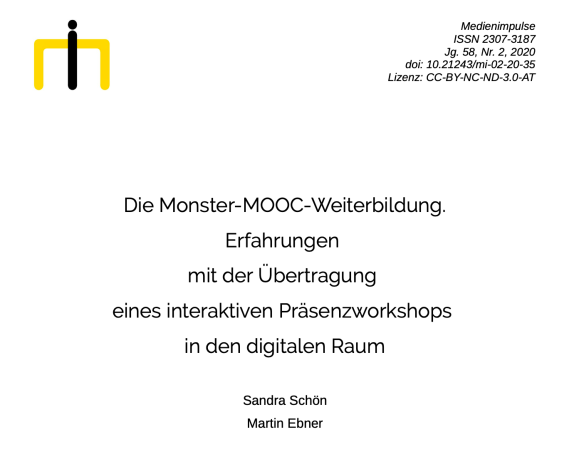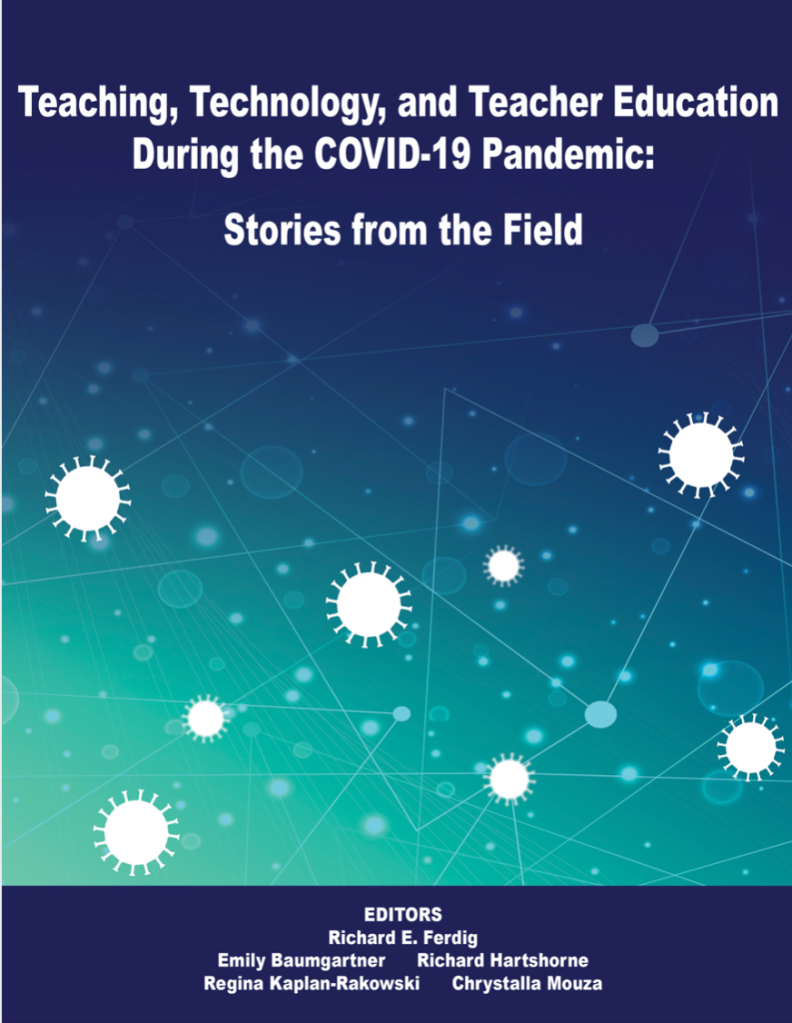Sandra was giving a lecture on „Research approaches and methods in technology-enhanced learning“ and therefore we did a rough translation of our L3T-chapter to make a hand out for the students.
Abstract:
This article offers an orientation on how research is done in technology-enhanced learning. Therefore, three different approaches to research in the interdisciplinary field will be presented first: hypothesis and theory testing, hypothesis and theory generating, and design oriented methods. Subsequently, some research methods are assigned to the research process – data collection, data analysis, development – and outlined. Finally, hints on the choice of a research method are given and a typical challenge in the field is mentioned.
Reference: Schön, S., Ebner, M. (2020) Research approaches and methods in technology-enhanced learning. Published online: https://www.researchgate.net/publication/342571764_Research_approaches_and_methods_in_technology-enhanced_learning


